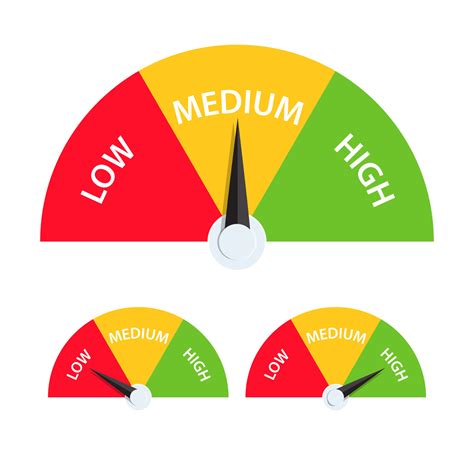How to naturally boost low testosterone for peak male performance?

Understanding Low Testosterone and Its Impact
Testosterone is the primary male sex hormone, playing a crucial role in men’s health, from muscle mass and bone density to sex drive and mood. As men age, testosterone levels naturally decline, but a significant drop can lead to various unwelcome symptoms often referred to as ‘Low T’. These include fatigue, decreased libido, erectile dysfunction, loss of muscle mass, increased body fat, mood swings, and reduced cognitive function. Fortunately, several natural approaches can help optimize testosterone production, paving the way for peak male performance.

Dietary Strategies for Testosterone Support
Your diet is a powerful tool for hormonal balance. Prioritizing nutrient-dense foods can significantly impact testosterone levels. Focus on a balanced intake of healthy fats, lean proteins, and complex carbohydrates.
- Healthy Fats: Include monounsaturated and polyunsaturated fats found in avocados, nuts, seeds, olive oil, and fatty fish like salmon. Cholesterol, a precursor to testosterone, is synthesized from these fats.
- Protein: Adequate protein intake (from lean meats, poultry, eggs, legumes, and dairy) supports muscle maintenance and growth, which is indirectly linked to healthy testosterone levels.
- Micronutrients: Zinc and Vitamin D are critical. Zinc is vital for testosterone production, found in oysters, red meat, poultry, beans, and nuts. Vitamin D, actually a hormone, is directly correlated with testosterone levels. Get it from sun exposure, fatty fish, fortified foods, or supplementation.
- Limit Processed Foods: High sugar intake and highly processed foods can lead to inflammation and insulin resistance, both detrimental to testosterone.
Exercise Regimen for Hormonal Health
Physical activity, especially certain types, is a potent testosterone booster.
- Strength Training: Lifting weights or performing resistance exercises is one of the most effective ways to stimulate testosterone production. Focus on compound movements like squats, deadlifts, bench presses, and rows, which engage multiple muscle groups.
- High-Intensity Interval Training (HIIT): Short bursts of intense exercise followed by brief recovery periods have also been shown to increase testosterone.
- Avoid Overtraining: While exercise is beneficial, excessive or prolonged endurance training without adequate recovery can actually decrease testosterone. Listen to your body and ensure sufficient rest.

The Critical Role of Sleep and Stress Management
These two often-overlooked factors have a profound impact on your endocrine system.
- Quality Sleep: Most testosterone is produced during deep sleep. Aim for 7-9 hours of high-quality sleep per night. Establish a consistent sleep schedule, create a dark and cool sleep environment, and avoid screens before bed.
- Stress Reduction: Chronic stress elevates cortisol levels. High cortisol directly suppresses testosterone production. Incorporate stress-reducing practices into your daily routine, such as meditation, yoga, deep breathing exercises, spending time in nature, or engaging in hobbies you enjoy.

Lifestyle Adjustments and Environmental Factors
Beyond diet and exercise, other lifestyle choices play a role.
- Maintain a Healthy Weight: Excess body fat, particularly around the abdomen, can lead to higher estrogen levels and lower testosterone.
- Limit Alcohol Consumption: Excessive alcohol intake can disrupt hormonal balance and damage the testes, impairing testosterone production.
- Avoid Endocrine Disruptors: Be mindful of plastics (BPA, phthalates) and certain chemicals in personal care products and pesticides, which can mimic hormones and disrupt endocrine function.
Targeted Natural Supplements (Use with Caution)
While food should be your primary source of nutrients, some supplements can provide additional support, but always consult with a healthcare professional before starting any new supplement regime.
- Vitamin D: Especially if sun exposure is limited.
- Zinc: If you suspect a deficiency.
- Magnesium: Supports free and total testosterone.
- Ashwagandha: An adaptogenic herb shown to reduce stress and potentially boost testosterone.
- Fenugreek: Some studies suggest it can increase free and total testosterone.

Sustaining Peak Performance Naturally
Boosting testosterone naturally isn’t about quick fixes; it’s about adopting a holistic lifestyle that supports overall health and hormonal balance. By consistently focusing on a nutrient-rich diet, effective exercise, sufficient sleep, and stress management, you can optimize your body’s natural testosterone production. This comprehensive approach not only helps you achieve peak male performance but also contributes to greater vitality, improved mood, and enhanced quality of life.










